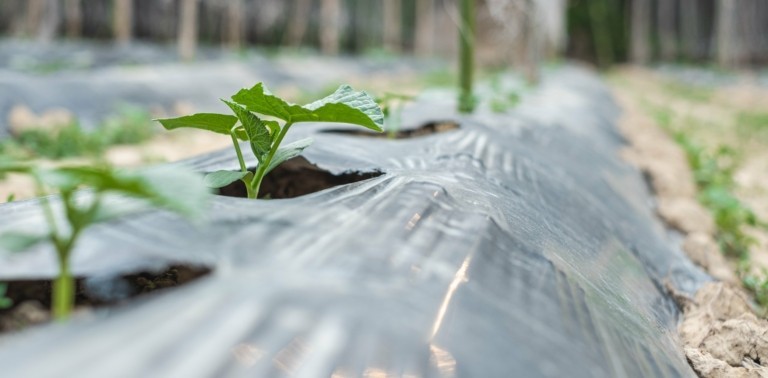
Methane Gas is a gas produced by anaerobic biodegradation. In a landfill the gas which is produced is 50% methane gas and 50% co2 with various other organic compound off-gases(VOC’s). The VOC’s are regulated when off-gassed and many organizations are reducing the VOC content of their landfills.
Landfill Methane
Gases that occur when biodegradation occurs within a landfill are collected at 60-90% rates and are released into the environment at less than 2% this is then turned into energy by dehumidifying the water content from the methane gas, they are then combusted to create energy to power homes and other facilities near the landfill location. 594 landfills in the United States currently collect and convert methane gas to provide power to the local grid.
Landfill CO2
Co2 can not be converted with current technologies from landfills, but it can be scrubbed to reduce the greenhouse gases in the environment. Co2 which is created by cars, manufacturing processes and other commercial, residential and industrial circumstances is produced 10X more than that of methane gas( GE AES Greenhouse Gas Services Methodology for Landfill Gas Methane Capture and
Destruction Projects”, Version 1.1 November 10, 2008 ) 555 Gg Methane was produced Equivalent to Co2 while Co2 produced was 5,209 from the US Gas and Sinks provided by the EPA(http://www.epa.gov/climatechange/Downloads/ghgemissions/US-GHG-Inventory-2011-Complete_Report.pdf).
Green House Gases of Composting
Due to the lack of technological advances of energy around Co2, Co2 is released into the atmosphere causing Acidification of the oceans and natural environments. Co2 is more powerful due to the overwhelming amounts of Co2 released into our atmosphere. Composting contributes to the off-gassing of Co2 and Ch4 during the composting process. Composting causes Anaerobic biodegradation when the composting environment is wet creating anaerobic biodegradation instead of Co2. This often occurs from wetting the compost piles or windrows, this also is a factor in creating nitrous oxide at rates that are 296 times more potent than Co2.
Conclusion of Green House Gases
Co2, Ch4 and nitrous oxide are all green house gases, these gases are produced by our environment. With current technologies around Ch4 conversion to power allows for powering and heating homes and businesses from the waste streams that we have created. Currently composting does not have the ability to create energy from waste, nor does nitrous oxide. It is by these facts methane gas has a reduced amount of global impact on green house gases than it’s counter parts such as Co2 and nitrous oxide.



